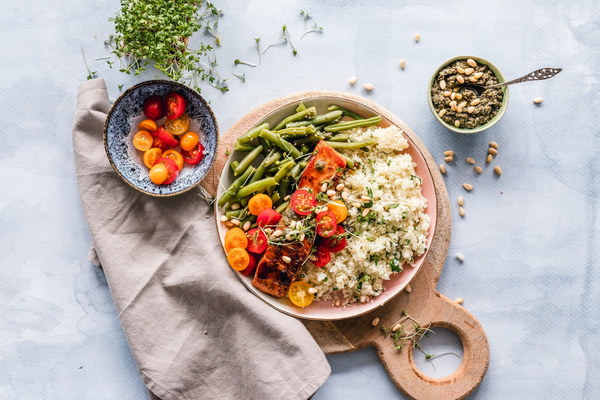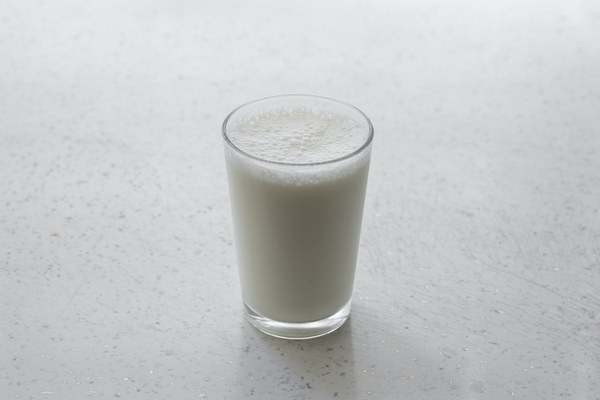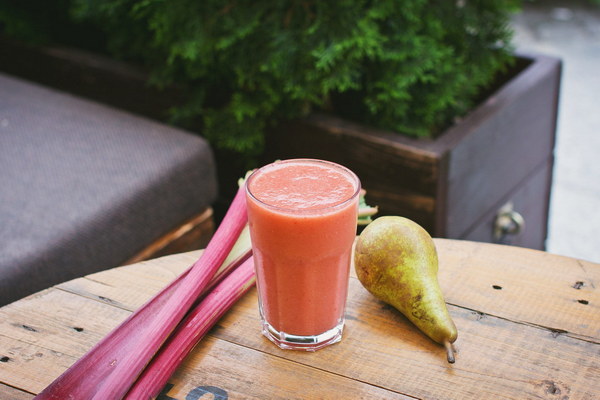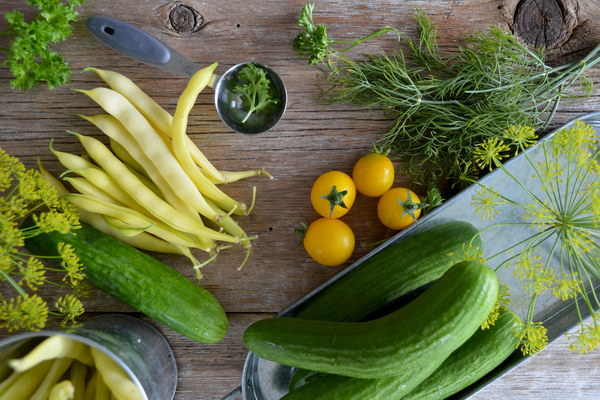Embrace the Power of Winter Top Winter Nutrition Tips for a Healthier You
As the world transitions into the depths of winter, the ancient wisdom of seasonal eating becomes more relevant than ever. The Winter Solstice, marking the shortest day of the year, is a time when nature slows down and our bodies require extra care and nourishment. This is where the concept of Winter tonifying comes into play. In this article, we delve into the art of winter nutrition, offering you expert tips to boost your health and vitality during the coldest months.
Understanding Winter Tonifying
Winter tonifying, or Yin tonification, is a traditional Chinese medicine practice that emphasizes the consumption of foods and herbs that build up the body's Yin energy during the winter season. The belief is that by balancing and replenishing Yin, we can improve our overall health, increase our resistance to colds and flus, and prepare our bodies for the coming spring.
Top Winter Nutrition Tips
1. Embrace Warm and Nourishing Foods:
Start your day with a warm bowl of porridge or soup. Incorporate ingredients like ginger, turmeric, and garlic, which are known for their warming properties. These foods can help stimulate circulation and boost your immune system.
2. Consume Root Vegetables:
Root vegetables like carrots, beets, sweet potatoes, and turnips are perfect for winter. They are rich in vitamins and minerals, including beta-carotene, which helps support vision and immune function.
3. Include Seafood in Your Diet:
Seafood, especially fatty fish like salmon and mackerel, is an excellent source of omega-3 fatty acids, which can help reduce inflammation and improve heart health.
4. Soup it Up:
Soups are a fantastic way to incorporate a variety of nutrients. Try making soups with chicken, mushrooms, and seaweed, which are all great for winter tonifying.
5. Herbs and Spices:
Herbs and spices like cinnamon, cardamom, and star anise not only add flavor but also have health benefits. They can help warm your body and improve digestion.
6. Stay Hydrated:
Cold weather can make you dehydrated. Drink plenty of warm water, herbal teas, or broths to stay hydrated and warm.
7. Prioritize Sleep:
Winter is a time for rest and rejuvenation. Ensure you get enough sleep to allow your body to repair and recharge.
8. Limit Cold and Raw Foods:
It's best to minimize the consumption of cold and raw foods during the winter months, as they can be difficult to digest and may not provide the warmth your body needs.
Recipe: Winter Nourishing Soup
To help you get started, here's a simple recipe for a winter nourishing soup:
Ingredients:

- 1 whole chicken, cleaned and cut into pieces
- 1 onion, sliced
- 4 cloves of garlic, minced
- 2 inches of ginger, peeled and thinly sliced
- 1 cup of carrots, sliced
- 1 cup of celery, sliced
- 1 cup of butternut squash, cubed
- 1 cup of mushrooms, sliced
- 1 cup of seaweed
- 1 teaspoon of sea salt
- 1 teaspoon of black pepper
- 4 cups of chicken broth
- 2 tablespoons of soy sauce
- 1 tablespoon of sesame oil
Instructions:
1. In a large pot, combine the chicken, onion, garlic, and ginger.
2. Add the carrots, celery, butternut squash, mushrooms, and seaweed.
3. Pour in the chicken broth and bring to a boil.
4. Reduce heat to a simmer and cook for about 30 minutes.
5. Stir in the salt, pepper, soy sauce, and sesame oil.
6. Taste and adjust seasoning if necessary.
7. Serve hot and enjoy!
By following these winter nutrition tips and incorporating the right foods into your diet, you can help your body thrive during the coldest months. Remember, the key to winter tonifying is balance and moderation. Embrace the season, nourish your body, and let nature guide you to health and wellness.









